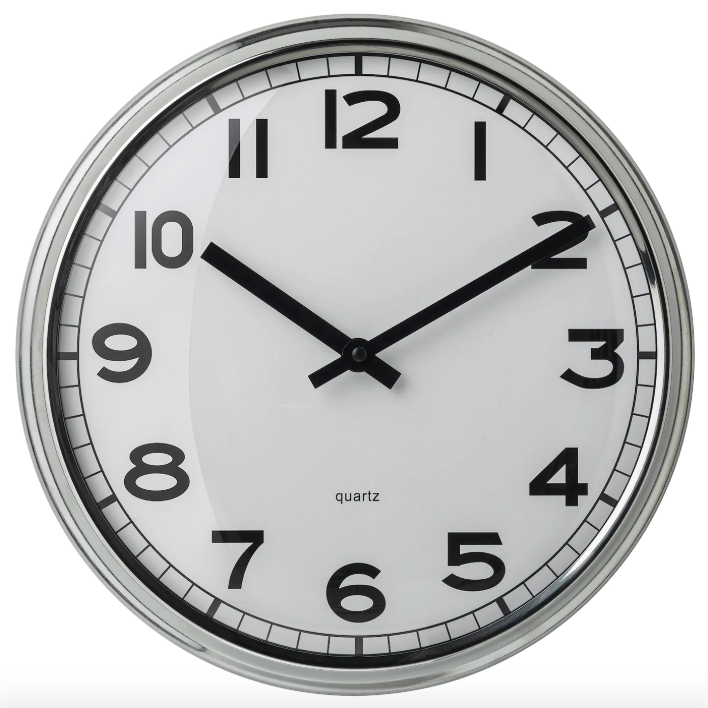 In the spring of 1802, a Scottish lawyer and aspiring writer named Walter Scott sustained an injury that would ultimately catapult his career. The 31-year-old was kicked by a horse, a tragedy that confined him to his bed for nearly a month. But rather than writing in self-pity, Walter Scott picked up a pen.
In the spring of 1802, a Scottish lawyer and aspiring writer named Walter Scott sustained an injury that would ultimately catapult his career. The 31-year-old was kicked by a horse, a tragedy that confined him to his bed for nearly a month. But rather than writing in self-pity, Walter Scott picked up a pen.
The words he wrote in recovery became the first canto of The Lay of the Last Minstrel, his breakthrough narrative poem that thrust him into literary stardom.
“Success or failure,” he said, “is caused more by the mental attitude even than by mental capacities.”
Amusing trivia aside, this anecdote about Walter Scott is a lens through which to see our current situation, which for most people is isolation. Depending on how quickly we can flatten the COVID-19 curve, most of us will spend the vast majority of this spring confined to our residence—much like Walter Scott was two centuries earlier.
There are two ways to categorize the time we have on our hands: Alive Time and Dead Time (terms coined by the author Robert Greene.)
Dead Time is passivity personified. It’s sitting idly as the clock ticks away. It’s compulsively refreshing your news feed in search of the latest coronavirus update. It’s the pathetic cycle of complaints coupled with inaction.
In contrast, Alive Time is taking control of your situation—not the other way around. It’s learning new skills while shedding bad habits. It’s reading, exercising, reflecting, planning, and communicating.
A recent Gallup poll found that nearly half of Americans say they “don’t have time to do what they want.” Well, here’s time served up on a silver platter: massive blocks of solitude with all the information in recorded human history at your fingertips (the internet) coupled with technology that can connect you with people on any corner of the planet in seconds.
One would hope that we leverage these unprecedented opportunities during this downtime. Indeed, some of the greatest ideas were conceived in times of despair. But a brief scroll through Facebook or Twitter will quickly dash your hopes. Your timeline is almost certainly littered with links to fearmongering content, memes, and requests for TV/movie recommendations—all avenues leading to Dead Time.
The premise of Stoic philosophy is that we can’t always control what happens to us, but we can control how we respond. There’s arguably no theme as timely as this, given the current situation.
You’re confined to your house or apartment. Will you start the project you’ve been putting off or numb your mind with another episode of God-knows-what?
You’re forced to work from home. Will you adapt and find a new way to get an edge or slack off because nobody’s watching?
You’re told to practice social distancing. Will you go for a run or polish off a pint of ice cream?
The right activities are just as accessible as the bad activities. But choose wisely, because when the dust settles and life ramps back up, you’ll have to answer what will surely be the most popular question this year: What did you do during your coronavirus quarantine?
Have you read these five books to base your life on? Get the list, plus seven strategies I stole from legendary marketers to promote your work.